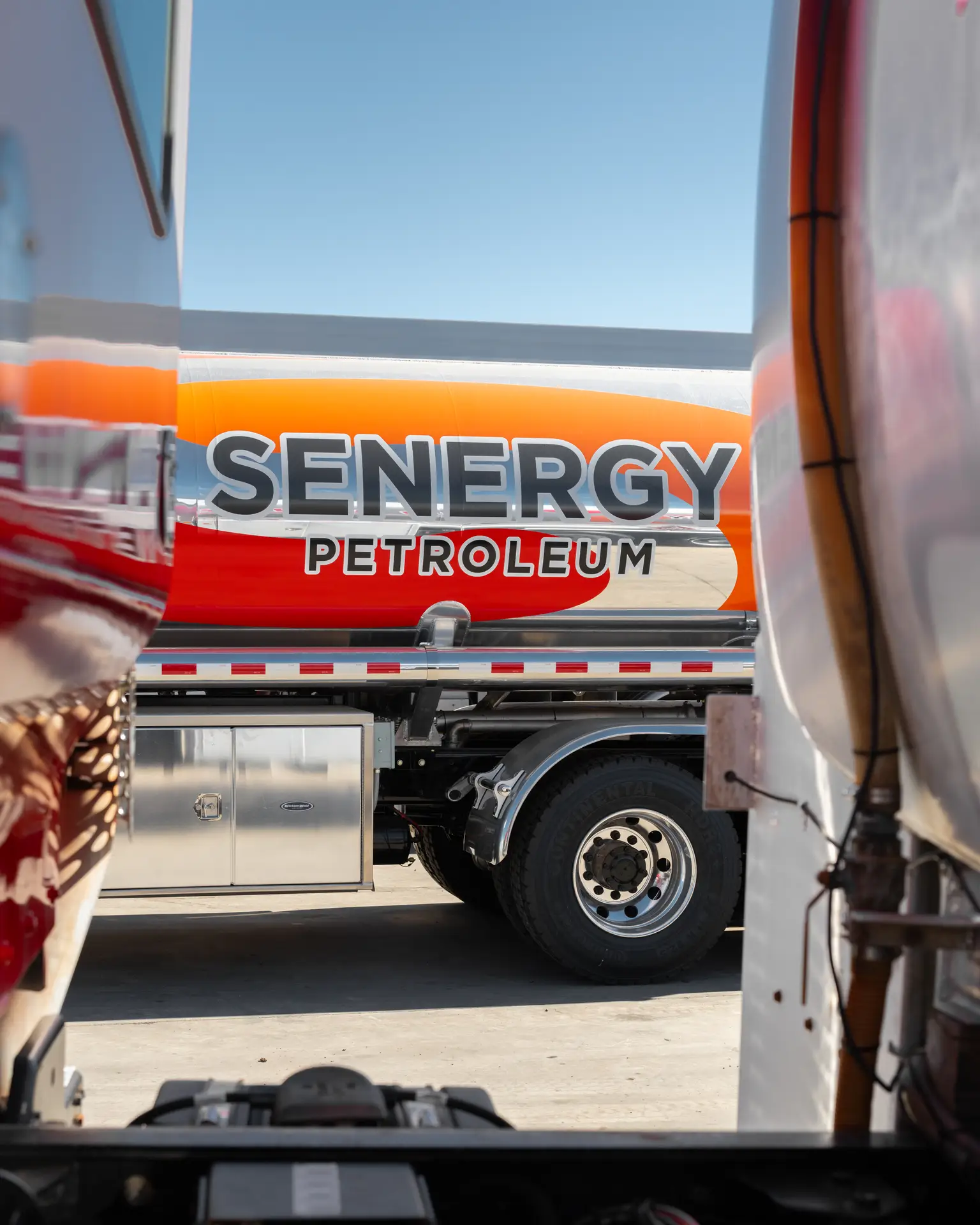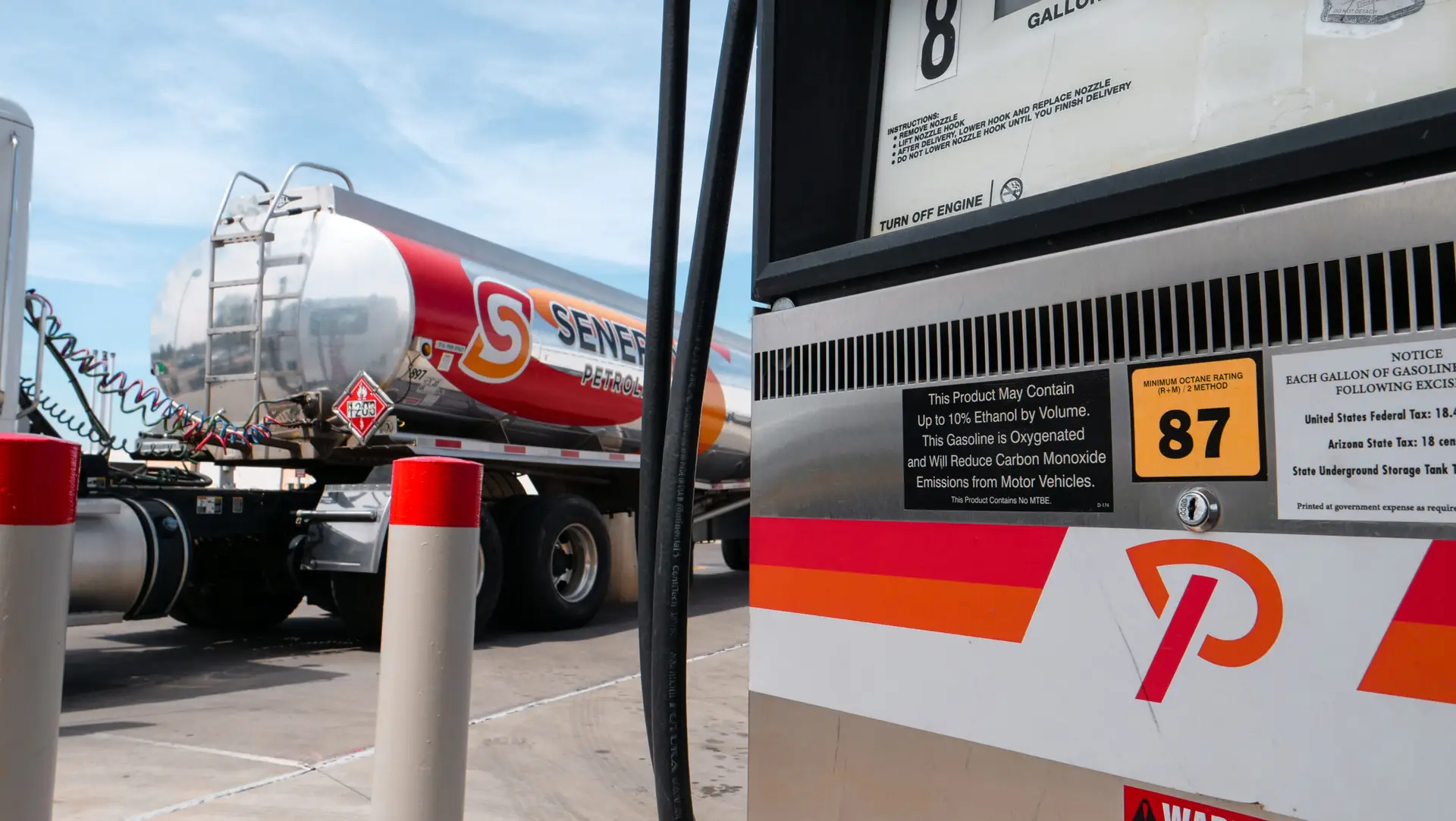Top Ways to Improve Fuel Efficiency Across Your Fleet
Fuel is one of the largest expenses for companies that rely on transportation. Maximizing fleet fuel efficiency is no longer just about reducing costs—it’s about maintaining a competitive edge in a demanding market. Investing in fuel-saving strategies allows businesses to redirect savings toward growth and expansion. From delivery trucks to agricultural equipment and government fleets, every mile saved directly contributes to the bottom line. By leveraging advanced technology, strategic planning, and driver training, businesses can lower fuel expenses, extend vehicle lifespan, and improve overall productivity. Companies that prioritize operational efficiency today are better equipped to meet the challenges of tomorrow.
The Role of Driver Behavior in Fuel Efficiency
Driver behavior is one of the most influential factors in effective fuel management. Excessive acceleration, prolonged idling, and inefficient routing all contribute to unnecessary fuel consumption. With telematics and in-cab monitoring systems, companies can track fuel habits and identify opportunities for improvement. Training programs can then focus on promoting smooth acceleration, steady speeds, and effective braking techniques. Real-time feedback systems also help drivers make immediate adjustments to reduce fuel use. Minimizing engine idling during extended stops offers some of the quickest returns on efficiency efforts. When organizations pair these tools with incentive programs, drivers become more engaged in improving performance. Managing driver behavior not only reduces fuel costs but also enhances safety and extends vehicle life—making it a cornerstone of any successful fleet efficiency strategy.
How to Implement Preventive Maintenance Programs
A well-maintained vehicle consistently delivers better performance, and preventive maintenance plays a direct role in improving fuel efficiency. Routine actions such as maintaining proper tire pressure, replacing dirty air filters, and keeping engines well-tuned all have measurable impacts on fleet performance. Using the correct oil and following proper service intervals further enhances engine operation and reduces fuel consumption. Preventive maintenance isn’t just about avoiding breakdowns—it’s about keeping vehicles operating at peak performance every day. Today’s fleets rely on computerized maintenance systems to schedule inspections, identify recurring issues, and monitor wear patterns, ensuring vehicles stay efficient, reliable, and ready for the road.
Using Technology to Drive Fleet Efficiency
Technology plays a critical role in maximizing fleet fuel efficiency. Modern telematics systems provide real-time data on driver behavior, route efficiency, idling, and overall fuel usage. With these insights, fleet managers can make data-driven decisions that immediately improve operations. For example, telematics can identify inefficient routes or vehicles that consistently consume more fuel, allowing managers to reassign resources and reduce waste. Many platforms also integrate fuel card programs, offering visibility into purchasing patterns and potential misuse. Beyond controlling fuel costs, these systems enhance safety, compliance, and overall fleet performance. The key isn’t just collecting data—it’s using it to guide drivers, streamline scheduling, and monitor vehicle maintenance. By adopting advanced telematics, companies build smarter, more efficient fleets that lower fuel expenses and strengthen operational oversight.


Route and Scheduling Optimization
Unnecessary mileage leads directly to wasted fuel, making route optimization one of the most effective ways to improve fleet efficiency. With today’s GPS and routing software, businesses can plan the most fuel-efficient routes based on traffic volume, road conditions, and delivery schedules. Dynamic routing tools even adjust in real time to help drivers avoid congestion and delays that waste both time and fuel. Effective scheduling—such as grouping deliveries or service calls—reduces backtracking and eliminates dead mileage. Centralized route management also ensures consistency across multiple drivers and locations. Beyond lowering operating costs, improved routing increases reliability and enhances customer satisfaction through timely arrivals. Regular route audits and flexible scheduling enable fleets to continue reducing fuel expenses while maintaining a strong competitive edge.
Empowering Drivers to Lead Fuel Efficiency
No matter how advanced the maintenance plans or technology become, fleet efficiency ultimately depends on the people behind the wheel. Driver training remains one of the most effective ways to improve fuel performance. Formal programs teach best practices such as maintaining consistent speeds, reducing idling, and using cruise control appropriately. Ongoing communication and reinforcement are equally important—when drivers understand how their actions directly affect fuel costs and fleet performance, they’re more likely to stay engaged and perform better. Incentive programs that reward safe and efficient driving behaviors can further strengthen long-term results. Many fleets also use gamification, encouraging friendly competition among drivers based on efficiency scores. By combining training, performance tracking, and meaningful recognition, companies create a culture where drivers become active partners in improving efficiency. Skilled, motivated drivers form the backbone of every high-performing, fuel-efficient fleet.
Reviewing Alternative Fuels and Vehicle Technologies
Another effective strategy for improving fleet performance is evaluating alternative fuels and fuel-efficient vehicles. Options such as compressed natural gas (CNG), propane, biodiesel, and hybrid vehicles can significantly reduce long-term fuel expenses. While the initial investment may be higher, the reduction in fuel and maintenance costs often delivers substantial returns over time. For fleets not yet ready for a full transition, hybrid solutions offer meaningful fuel savings without requiring extensive infrastructure changes. Partnering with a knowledgeable fuel supplier helps businesses assess these options and choose solutions that align with their operational goals. By upgrading equipment and diversifying fuel sources, companies enhance efficiency, strengthen reliability, and better prepare for future market demands.
Driving Accountability and Results
Long-term fleet efficiency depends on more than maintenance—it requires a culture of accountability. When management and drivers share clear goals, track performance, and recognize achievements, small improvements create major results. By integrating technology, training, and consistent practices into everyday operations, companies strengthen reliability, reduce costs, and build lasting performance. Prioritize efficiency, drive progress, and Run With Us toward a more productive future.

